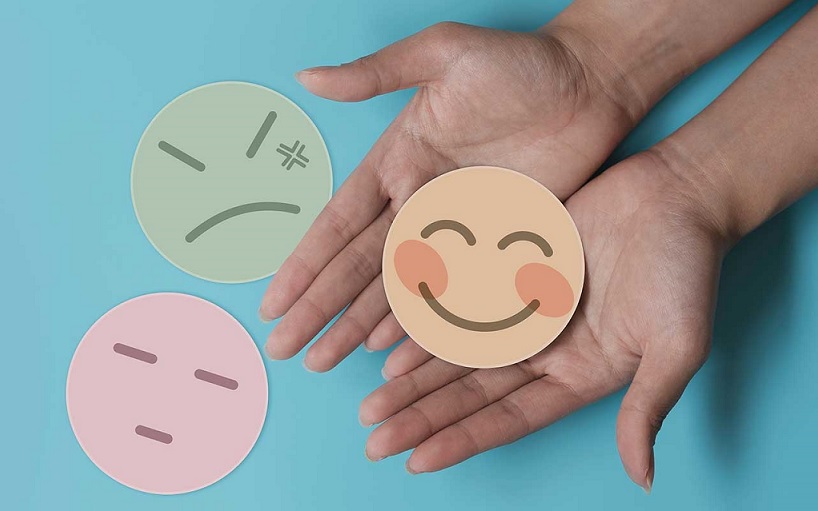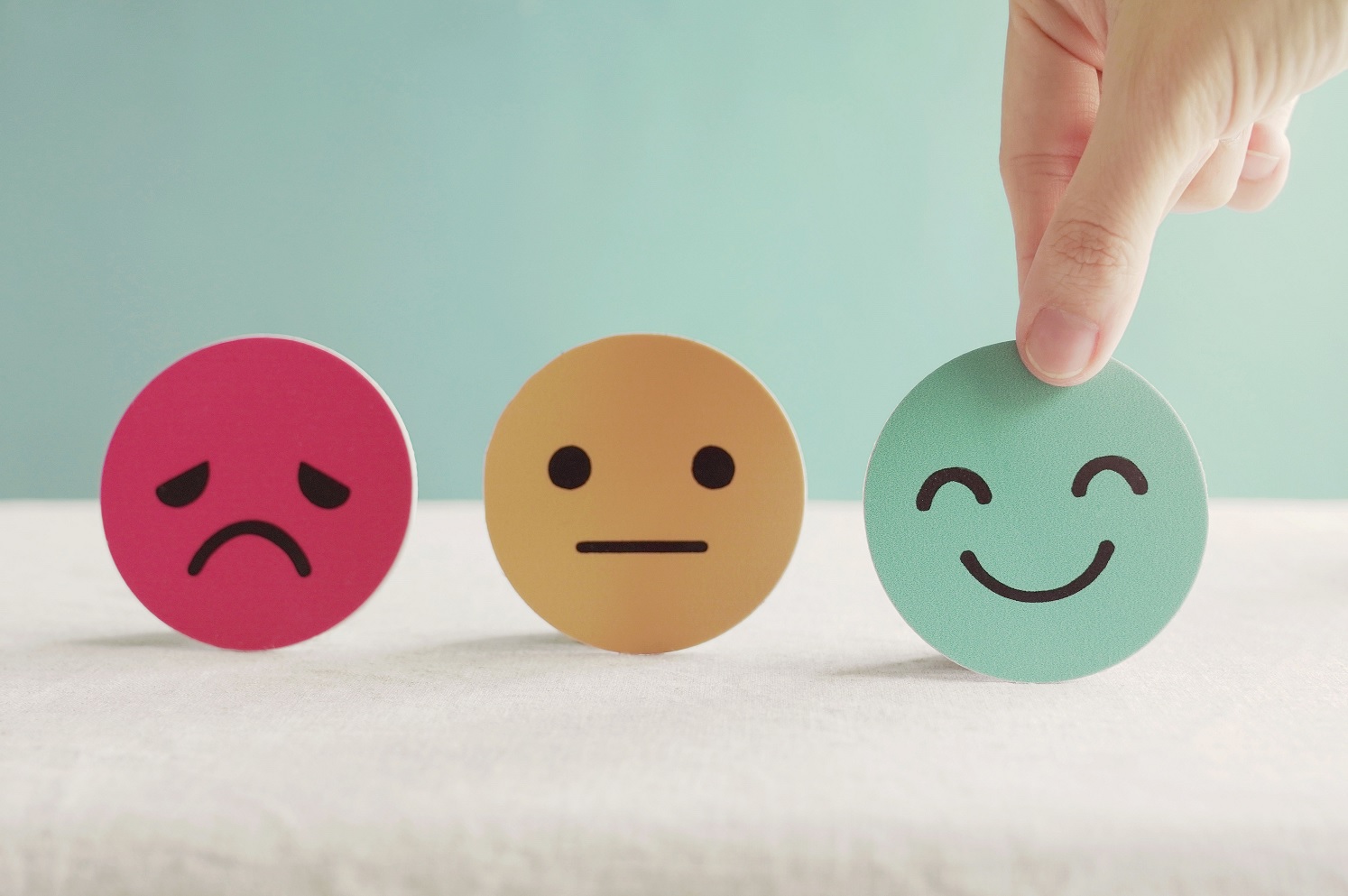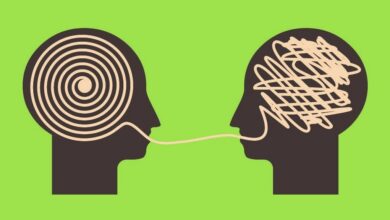The 8 Types of Mental Health Problems
5. Eating Disorders
Eating disorders are prevalent among individuals, especially young adults, and have serious physical and psychological consequences. Anorexia nervosa, bulimia nervosa, and binge-eating disorder are common types of eating disorders. These conditions involve distorted body image, extreme preoccupation with weight and food, and unhealthy eating habits.
6. Substance Use Disorders
Substance use disorders occur when the recurrent use of drugs or alcohol leads to clinically significant impairment and distress. Addiction can have a profound impact on an individual’s mental health, often exacerbating symptoms of other co-occurring disorders. Treatment for substance use disorders typically involves a combination of detoxification, therapy, and support groups.
7. Obsessive-Compulsive Disorder (OCD)
OCD is characterized by intrusive, distressing thoughts (obsessions) and repetitive behaviors or mental acts (compulsions) aimed at reducing the anxiety caused by these thoughts. People with OCD may engage in rituals such as handwashing, checking, or counting excessively. This disorder can significantly interfere with daily life and requires specialized cognitive-behavioral therapy for effective management.
SEE ALSO: Understanding Different Types of Mental Health Problems
8. Post-Traumatic Stress Disorder (PTSD)
PTSD develops after experiencing or witnessing a traumatic event. Individuals with PTSD may re-experience the trauma through nightmares or flashbacks, avoid situations that remind them of the event, and experience heightened arousal and anxiety. Trauma-focused therapy and, in some cases, medication can help individuals manage the symptoms and regain a sense of control.
Conclusion
Understanding the wide array of the 8 mental health problems is crucial for promoting awareness, empathy, and effective support. Each individual’s journey with mental health is unique, and seeking professional help is essential for accurate diagnosis and appropriate treatment. If you or someone you know is struggling with mental health issues, remember that help is available, and recovery is possible.




